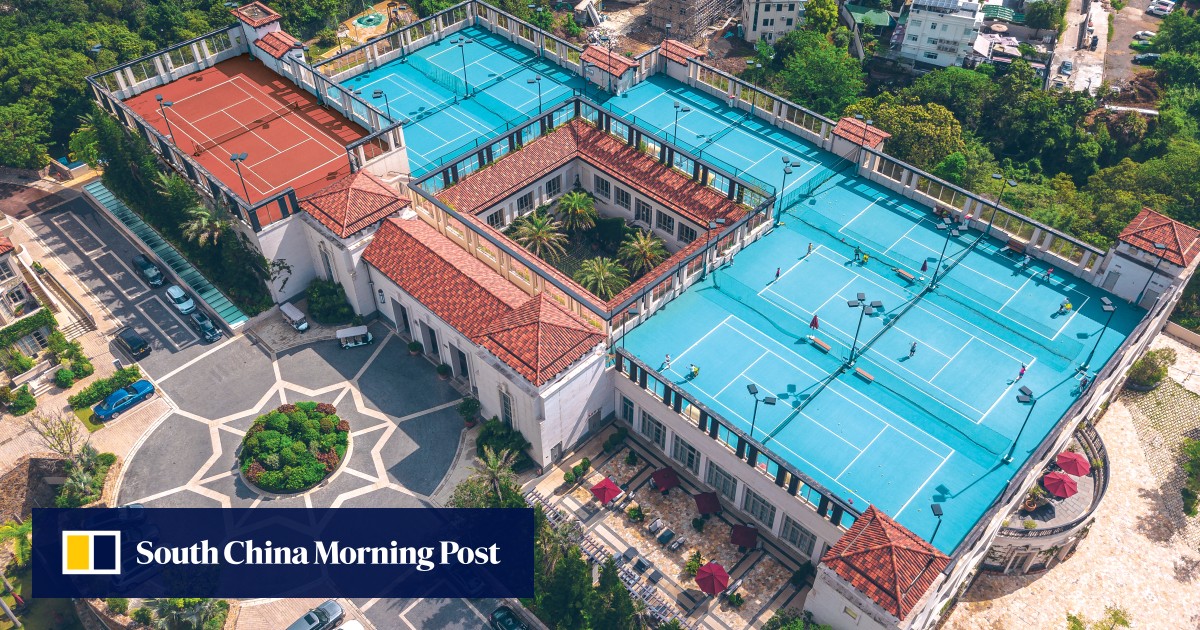[The content of this article has been produced by our advertising partner.]
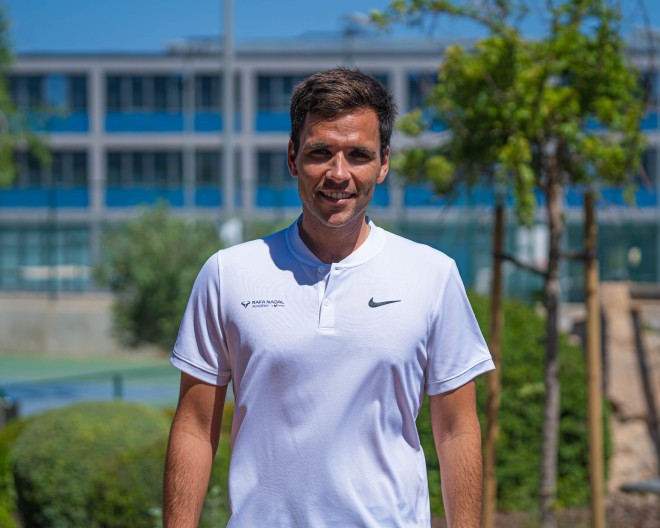
He observes that it is common to experience frustration with the sport because of its inherent nature. Initially, progress happens quickly, but as a player becomes more skilled, it may appear to slow down, and that’s when it can feel like a grind. Additionally, unlike team sports, players often find themselves working along which can be a very different dynamic compared to other team-oriented activities.
“Tennis is really special for this reason, it’s not a sport where you can lay back a little, if things go wrong, ultimately, you are guilty for everything,” explains Pissara.
Aside from state-of-the-art facilities, Pissara says nurturing the players mentally is of equal importance. His strategy, therefore, is to push his students to test their limits while encouraging them to embrace the joy of the game. By nurturing a love for the sport, players will naturally build a deeper connection and be motivated to do better. One of the ways that the Academy does this is by exposing students to real life scenarios such as games and matches both locally and abroad.
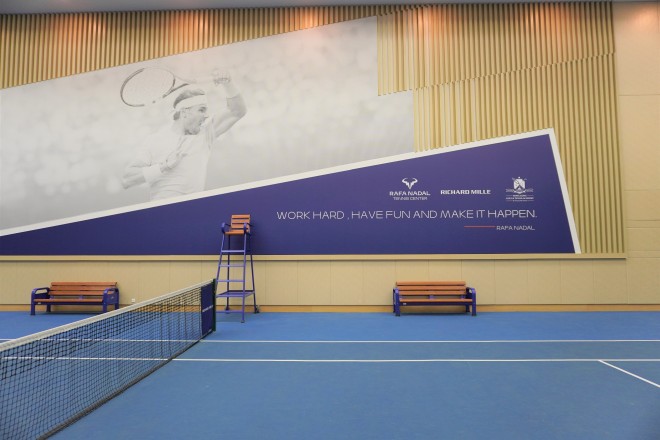
“I always try to emphasize that we should be careful how we motivate, there’s always a risk that you will create an illusion in someone’s head,” Pissara explained. “We are very real in the sense that our methodology tries as much as possible to recreate reality, we want to educate them in terms of the mindset requirements that you must have.”
And one other key mindset they hope to foster is the art of hard work. As a career tennis player and coach, he is quick to admit that tennis is a demanding sport that requires unwavering dedication and relentless hard work. Talent alone can only take a player so far, but it all boils down to the hours that a player is willing to put into their practice.
“We educate them in the sense of how difficult it is to be good, what you have to do to improve. We make them responsible for themselves and when they start learning that only through lots of practice can they grow, their self-confidence will grow, too,” he said.
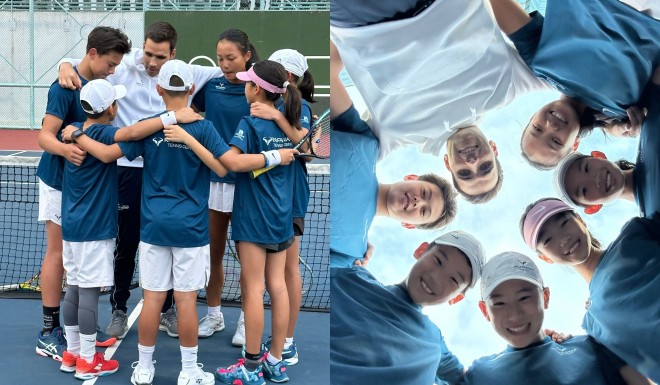
As such, coaches at the Academy also tend to lean towards group environments for professional training rather than private environments. According to them, this allows players to learn from each other, learn from each other’s mistakes, learn about winning and losing, all while creating a sense of comradeship amongst the players.
True to the Academy’s spirit, another valuable lesson that is taught to professional players is to focus on being the best that they can be, rather than saying that they want to be the best. Coaches at the Academy are quick to say that they won’t settle for minimum improvement but instead encourage players to be better than they were yesterday. And like any sport, Pissara highlights the fact that you can lose today but be the winner tomorrow, and that is a valuable life lesson for students, too.
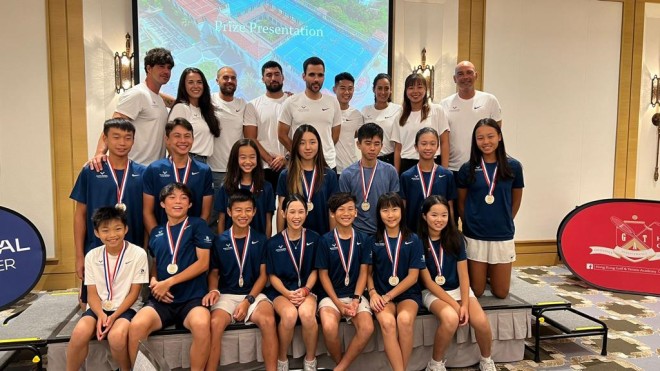
“Sports is an unbelievably good education for life, and not all people are keen to do it, but you learn a lot of things such as developing resilience, autonomy, emotional balance, and when you lose, it’s not the end of the world, next week is another chance,” he said. And that is one the key lessons he hopes to impart to his students.
“I want my students to learn the value of trying,” he said. “You have to try and try and try in life and understand that failure is normal, it’s actually more normal than success.”

